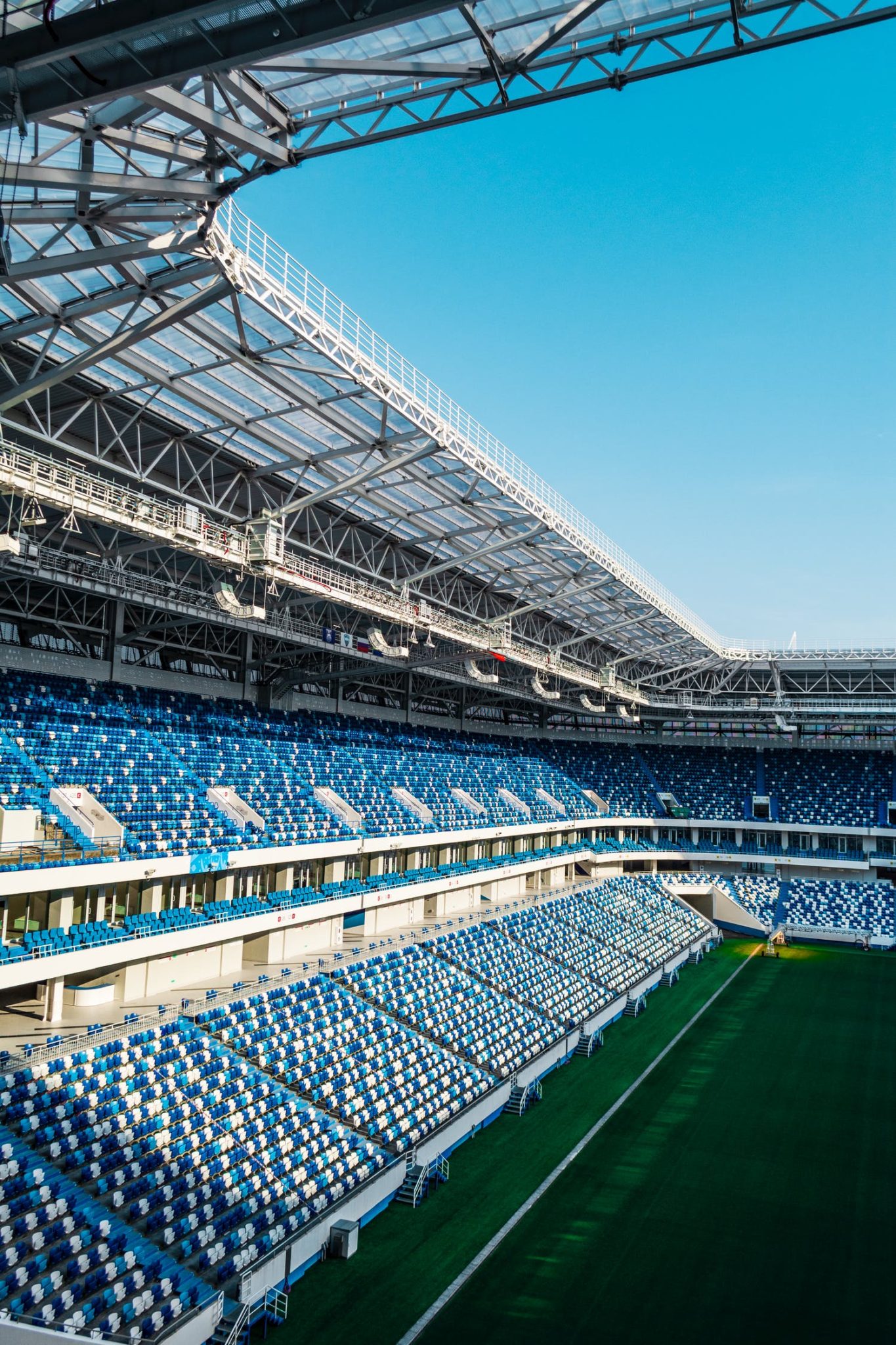Euro 2020: 3 things you have to know

Last update 3 June, 2021 por Alberto Llopis
The show is ready to go. The long-awaited Euro 2020, the European competition par excellence for which we have had to wait so long, is about to start. The lists of summoned are already closed and, now that the domestic competitions and the big club tournaments are over, the focus is placed on national team football. In a year as strange and unusual as the one we have been living, which also coincides with the 60 tournament anniversary, the sporting event of the Euro 2020 is presented as a unique opportunity to give back to football, to the beautiful sport, its hegemony as a source of entertainment and excitement par excellence. National team football has something very special that inspires and unites like no other, and the Euro Cups are the perfect time to show this by meeting up with friends, taking to the streets to celebrate the victories of our national team or adding some spice through the sports bets. In this article we are going to review some of the most important things you should know about the long-awaited tournament..
Start and current context of the tournament
The event will start in a few days, el 11 de junio, at the olympic in rome, after a whole year had to be postponed due to the coronavirus pandemic. The number of participating teams will be 24, and all of them will seek to unseat the current champion, Cristiano Ronaldo's Portugal. This is an unusual format this year, and is that, for the first time in history, the tournament will be held throughout the entire continent. Specifically, the venues of the parties will be 11 cities of 11 countries spanning the entire length of Europe. He Eurocup calendar it is already prepared: they will be played 51 matches including semi-finals and final, to be played at the final destination of the tournament, London's iconic Wembley Stadium. After a month of meetings, the champion will decide on 11 July in the capital of England.
Everything we need to know about Spain and its national team
As far as the Spanish team is concerned, say that it is framed in Group E, formed by ours, Suecia, Poland and Slovakia. It is a group, a priori, affordable in which Luis Enrique's team should not have excessive problems to go to the round. For this, the Spanish team must be among the first two of the group or be one of the four best third parties (the same format already used in the Euro 2016). Regarding the headquarters of our country that will host meetings, the chosen one has been the La Cartuja stadium, en Sevilla. The Andalusian capital will host three group stage matches and one in the round of 16.
Will there be an audience in the stadiums?
Esa es, probably, the question that everyone is asking at this point. La respuesta es afirmativa. Yes there will be an audience, but the capacity will be limited and managed through a spectator guide. Las 11 host cities will welcome fans who want to go to the stadiums, although capacity limitations will vary by country (desde el 22% occupation allowed by Germany, hasta el 100% which aims to reach Hungary through strict controls and requirements for the entry of spectators). In Spain it is expected around 30% Of occupation.
With everything ready and prepared, all that remains is to prepare for the appointment, get the tickets if we want to go to some of the meetings and enjoy, at last, of the best European football of national teams.









